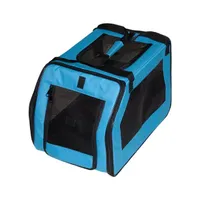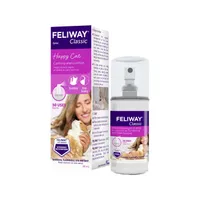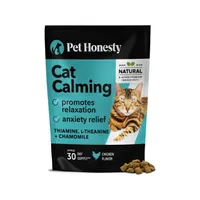5 ways to keep a cat calm at the clinic, according to a vet
Vet visits can be scary for cats – here’s how to help them feel more relaxed
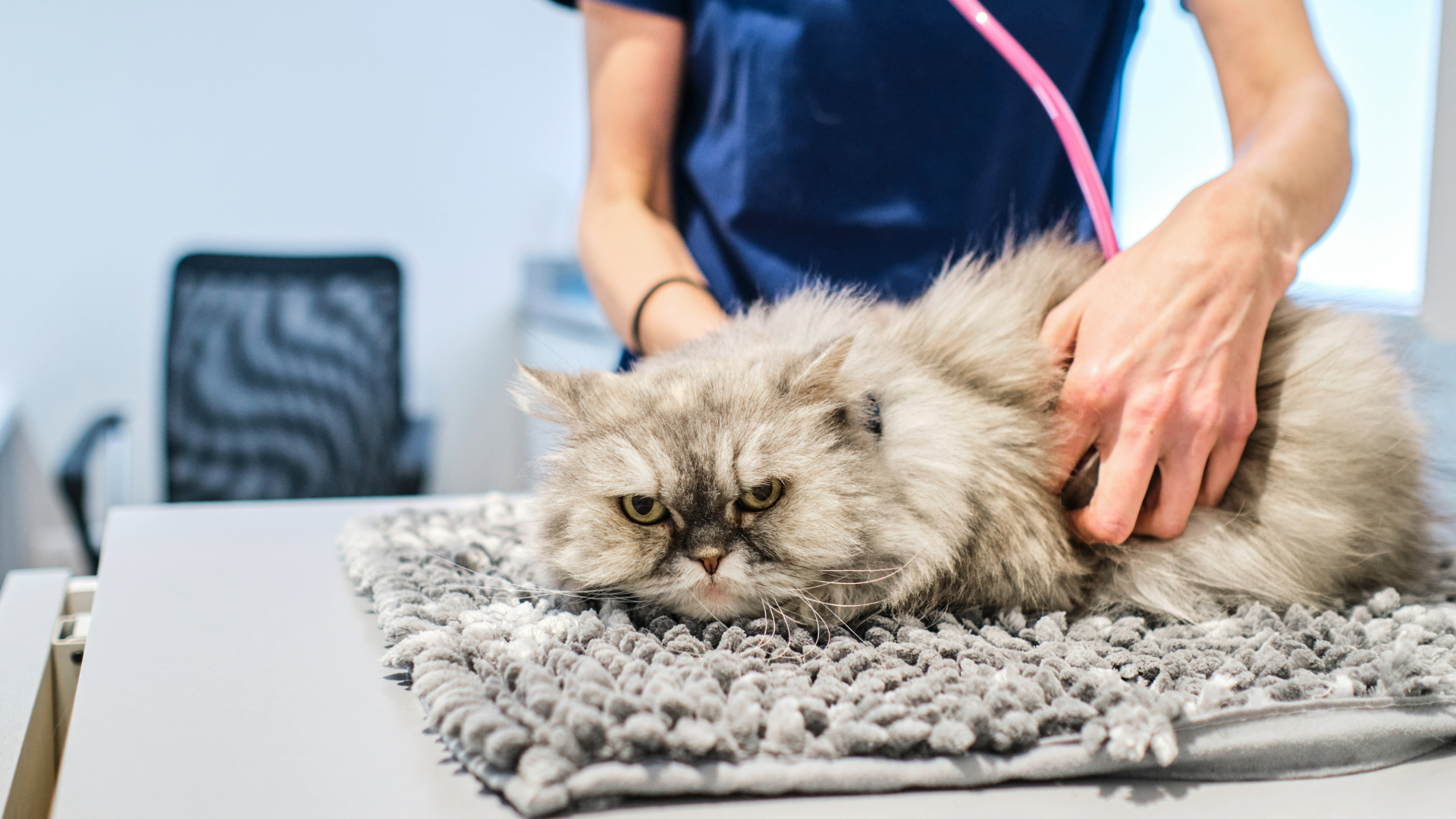
Get the best advice, tips and top tech for your beloved Pets
You are now subscribed
Your newsletter sign-up was successful
Taking your cat to the vet isn't always the easiest task, but it's an important part of being a responsible pet parent. Whether it's for a vaccination or treatment, vet visits are a crucial hurdle that your cat needs to conquer.
Car journeys, unfamiliar environments, and encounters with new people and pets can be a scary combination for your feline friend, often triggering anxiety and unwanted behaviors like scratching or biting. However, things like pheromone sprays can make the experience much easier for everyone.
There are plenty of other ways you can help your cat feel more comfortable, which Dr Rebecca MacMillan has shared below. She's a qualified vet with more than a decade and a half of experience working with cats – here are her top five recommendations:
How to keep a cat calm at the vet
1. Training
According to Dr MacMillan, training is one of the best ways to help a cat who is scared of vet trips. While this might take a bit of practice – and more time than other methods – it will have excellent results in the long run and doesn't have to cost you a penny.
Dr MacMillan says, "Try practicing gentle examinations at home to desensitize them to the process. You can make it more realistic by performing it on a high table with a non-slip surface, slowly checking them all over. Just remember to praise and reward them throughout."
Naughty No More! Cat Training Book | Amazon
Written by a certified cat behavior consultant, this book will tell you everything you need to know about training a cat using positive reinforcement methods.
2. Make their carrier a safe space
Since cats are creatures of comfort, being restrained in an unfamiliar environment isn't their idea of fun. That's why it's recommended to leave the best cat carrier out all the time, so they can have a sniff and get used to it.
Dr MacMillan says, "Allowing them to become accustomed to their cat carrier can also help greatly. They will be less likely to be fearful if they are familiar with their carrier before a vet visit.
Get the best advice, tips and top tech for your beloved Pets
"When your cat travels in the carrier, always cover it with a blanket or towel as your cat will feel less vulnerable if they can stay hidden. I always recommend that owners invest in a top-opening cat carrier. Dragging a reluctant cat out of the small doorway of a front-loading carrier is stressful for everyone."
Here are some more tips on how to get a reluctant cat into a carrier and how to get a scared cat to the vet.
Pet Gear Signature Pet Safety Carrier and Car Seat for Small Dogs & Cats | Amazon
This affordable cat carrier doubles up as a safety car seat, featuring a seat belt to keep them in place. It has an open and side door design, as well as mesh windows, helping your cat to feel secure. It also comes with a removeable fleece pad that can be washed after use.
3. Synthetic pheromones
When it comes to calming a cat during periods of high anxiety, synthetic pheromones are a game-changer and approved by vets. You can buy these in a range of forms, like plug-in diffusers and collars, but we'd suggest a spray in this case for portability.
Dr MacMillan says, "Synthetic pheromone products can be helpful agents for calming stressed cats. Try spritzing this inside their cat carrier or on the blanket covering it.
"There are also a variety of supplements available on the market that may be useful for your cat, but it can be trial and error. Some include ingredients like milk proteins, which act on the calming centers of your cat’s brain, without sedation."
Feliway Classic Cat Calming Pheromone Spray | Amazon
Mimicking the natural facial pheromones that send calming messages to your cat, Feliway spray is a vet trip essential.
4. Make it a positive experience
This might go without saying, but try to make your cat's experience as enjoyable and comfortable as possible. Everyone knows that the fastest way to a feline's heart is through the best cat treats, so make sure you have plenty on hand for the big day.
Dr MacMillan says, "You could also take some favorite treats or pieces of cooked chicken with you so that you can continue to praise your pet during their vet appointment, to make it a positive experience."
Pet Honesty Calming Chews for Cats | Amazon
Containing a soothing blend of thiamine, l-theanine, and chamomile with a tasty chicken flavor, these calming treats will help your cat feel better in no time
5. Prescription medication
Lastly, you might want to consider prescription medication if your cat is undergoing an invasive procedure or is struggling with anxiety. These medications need to be prescribed by a vet, of course, but can be super helpful if nothing else works.
Dr MacMillan says, "If your cat is particularly anxious when attending their appointments, then speak to your vet! Vets may prescribe medication for your cat to take ahead of their appointment, which can make the experience much more pleasant for everyone."
Want more expert advice? Read ways to destress your cat and how to be a good cat owner
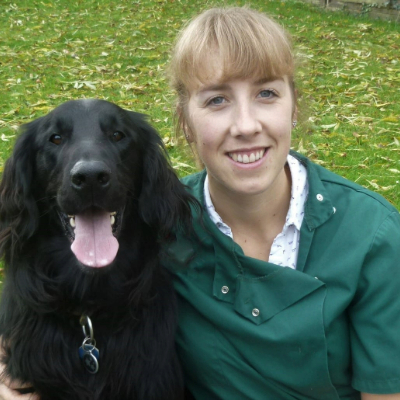
Rebecca is a veterinary surgeon who graduated in 2009 from the Royal Veterinary College in London. She has a wealth of experience in first opinion small animal practice, having done a mixture of day-to-day routine work, on-call emergency duties and managerial roles over the years. Rebecca enjoys medicine in particular and she is proud to have recently achieved a BSAVA postgraduate certificate in small animal medicine (with commendation).
Edited by Georgia Guerin and Alexis De Leaver.
This page was last updated in May 2025 by Megan Milstead.
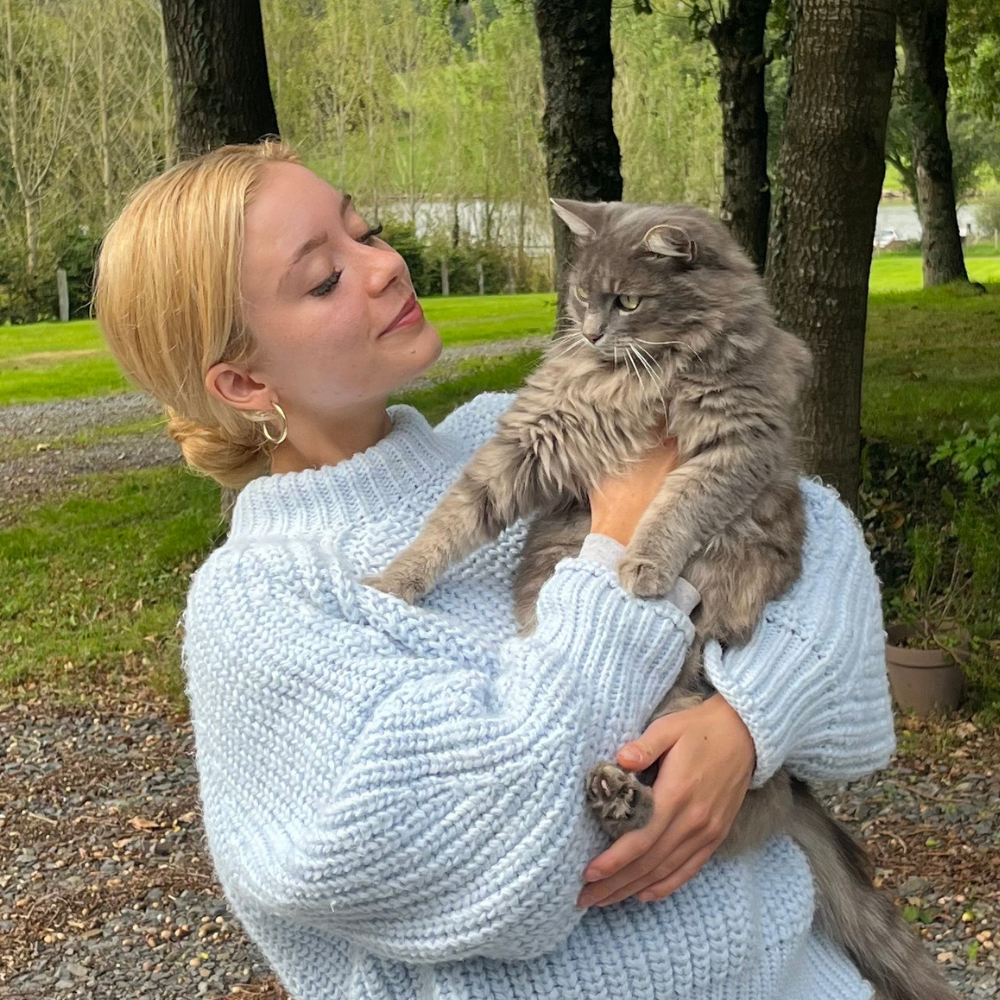
Megan is a Staff Writer at PetsRadar, covering features, reviews, deals, and buying guides. She has a wealth of experience caring for animals, having grown up with dogs, cats, horses, guinea pigs, and more throughout her life. She studied BA Journalism at the University of Westminster, where she specialized in lifestyle journalism and was editor of Smoke Radio’s lifestyle website. Megan works alongside qualified vets and accredited trainers to ensure you get the best advice possible. She is passionate about finding accurate and helpful answers to your pet-related questions.

